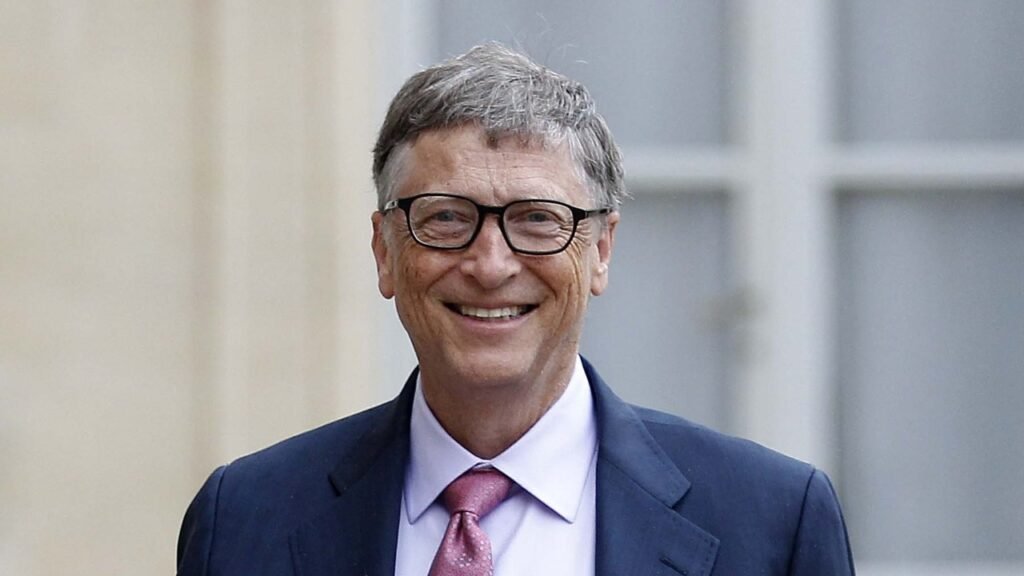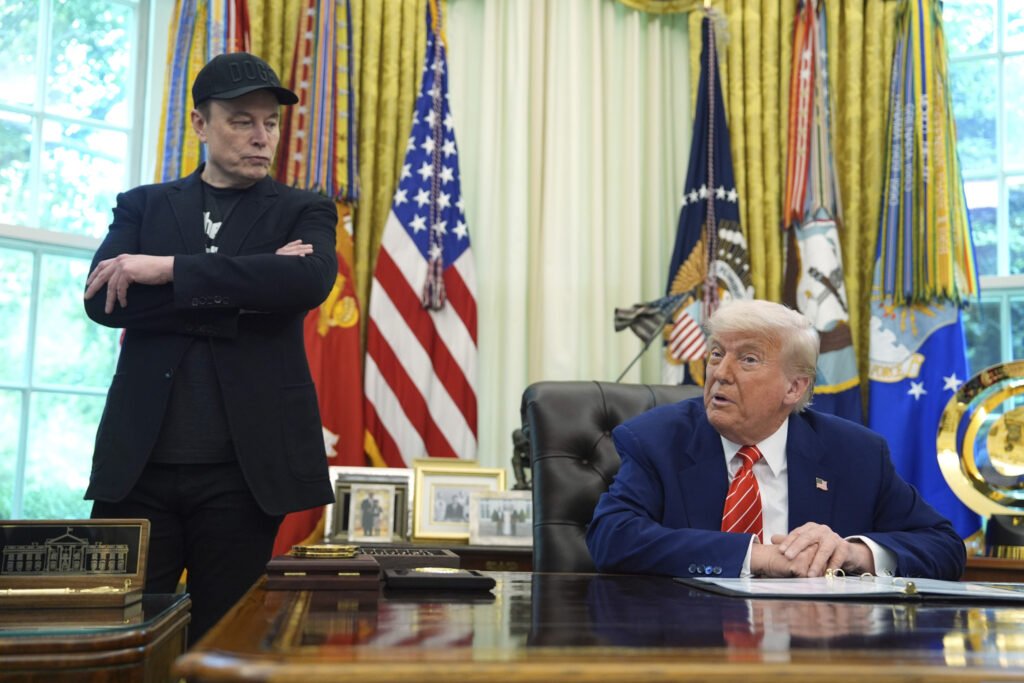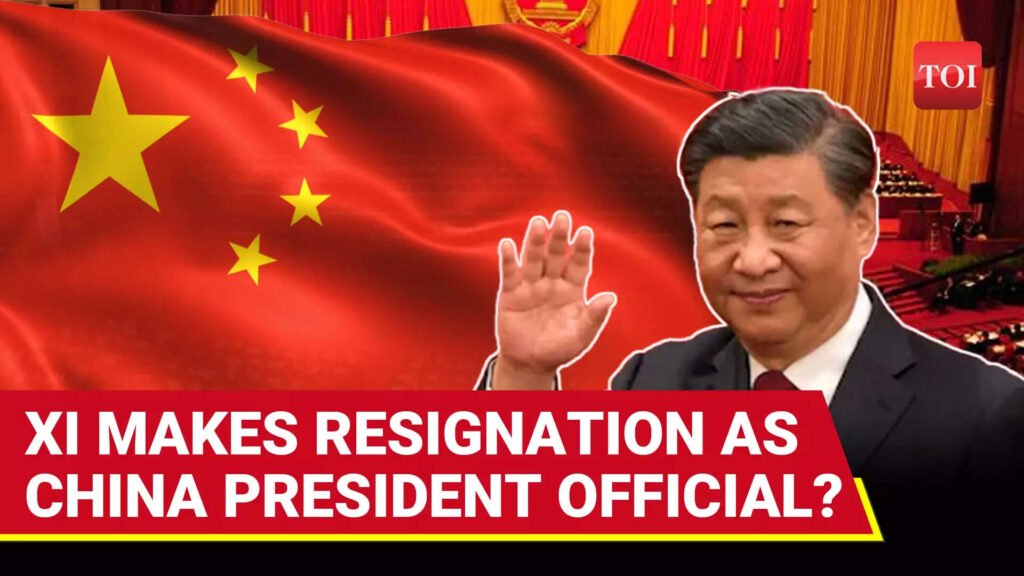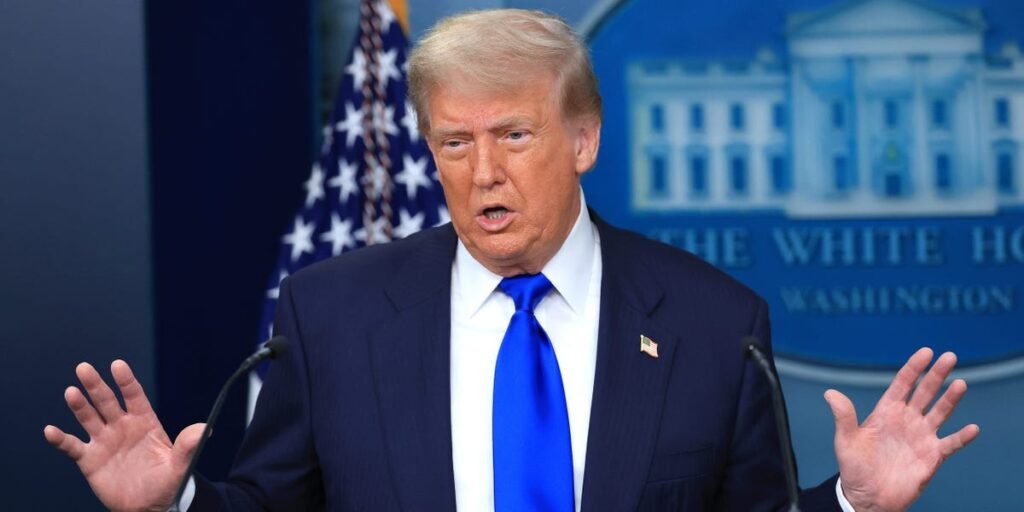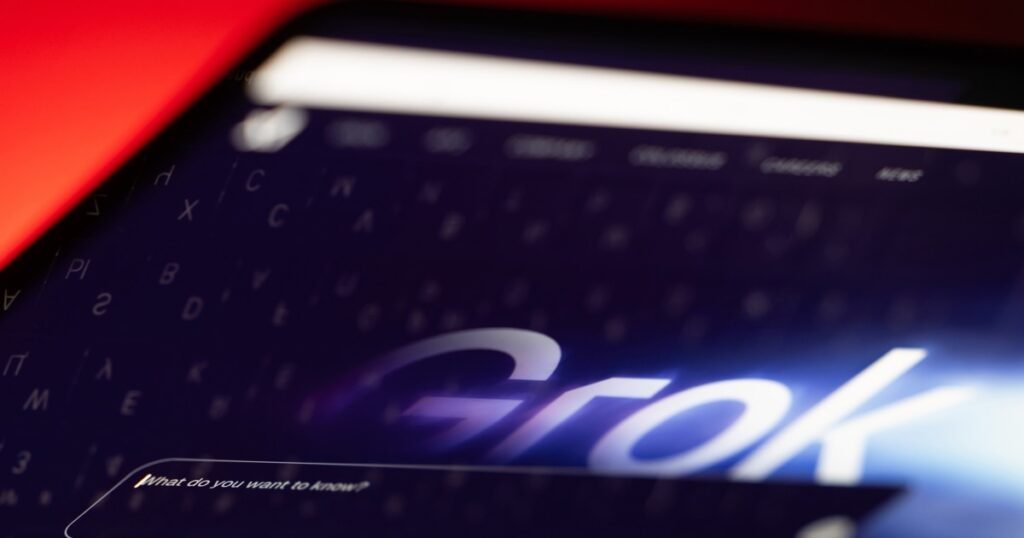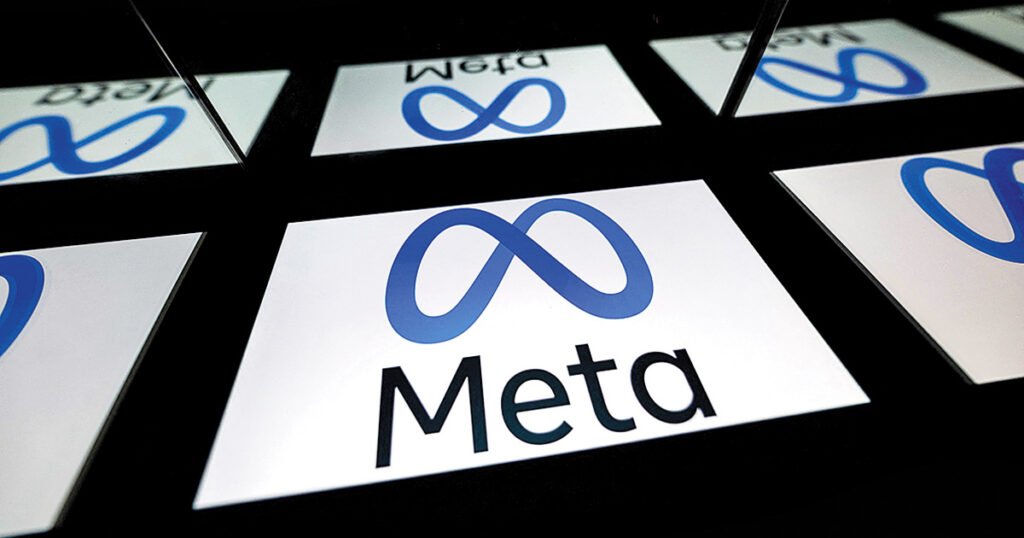The Musk-Trump split is back, for now. Dissatisfied with President Trump’s “One Big Beautiful Bill Act” after it squeaked through Congress, Elon Musk has announced he is launching a new political party, the rather uncreatively named “America Party.” As he tells it, under his leadership this new party will attract broad swaths of sensible moderates and elect several members of Congress. There are good reasons to doubt both those premises.
So far, the party of one seems to be nothing more than Musk tweeting about it. There are no candidates, platform or organization. Musk himself is the sole face of the ostensible party, but he’s not eligible to run for president, and it seems unlikely he’d want to seek lower office. Members of Congress, or those who want to become members of Congress, are not yet knocking down his door seeking to abandon the Republican label.
So far, the party of one seems to be nothing more than Musk tweeting about it.
Wanting to break up the two-party system is itself understandable, even laudable. I’ve worked with both the highest performing third-party presidential campaign in recent times (the high perch of 3.27%, nationally) and one of the handful of third party candidates to actually defeat a major-party opponent (for a state house seat). I’ve been there, in other words.
Musk, not for the first time, underestimates the complexity and nuances of what he proposes to do. Even with effectively infinite money to burn, the practical, legal and political barriers are immense. It is likely the America Party will join the long list of ambitious “centrist” parties that flamed out, often without even running a single candidate.
No Labels, a similarly well-funded movement seeking to back a viable “centrist” third party candidate, made much the same pitch for itself last year, attracting large amounts of media attention, mostly on speculation about a potential presidential candidacy for conservative Democrat-turned-independent Sen. Joe Manchin of West Virginia. But there were reasons to be skeptical. In the end Manchin didn’t run. No Labels folded without nominating anybody, despite spending millions of dollars to qualify for state ballots.
The same story, with minor variations, has been repeated in attempts such as Unity ‘08, Americans Elect in 2012, Andrew Yang’s Forward Party, and Robert F. Kennedy Jr.’s independent campaign. Even the long-established ideological minor parties, the Greens and Libertarians, have seen rapidly declining support since their high water marks in 2016.
The most famous example of a billionaire third party candidate, of course, was Ross Perot. He was the most successful presidential candidate outside of the two major parties in almost a century, winning 19% in 1992 and 8% in 1996. But Perot, using his own prominence and public persona, was able to run for president, which Musk is unable to do as a naturalized citizen. Even then, Perot’s attempts to turn his campaigns into a lasting Reform Party collapsed as soon as its celebrity leader was off the stage.
Musk has suggested he may instead target a small number of congressional races, aiming to pick up enough seats to hold the balance of power. That’s a marginally more realistic goal than winning the White House, but the odds are still slim to none. No third party candidate, running without the Republican or Democratic nomination, has been elected to Congress since 1970 (a few nominal independents in the Senate, such as Angus King and Bernie Sanders, have served as de facto Democrats). Third parties do still on occasion win state legislative seats, but these are few and far between, and Musk’s professed motives are more focused on federal policy than state and local issues.
Musk is effectively proposing to build a party on the right flank of the GOP, not in the middle.
There are good reasons to dislike America’s uniquely absolute two-party system and the uncompetitive, divisive politics it produces. Reforms such as proportional representation and fusion voting offer a way for alternative parties to play a more productive role, escaping the two-party trap known as Duverger’s law. But as it stands, the vast majority of voters simply vote “straight ticket” for their preferred major party, and they do so rationally under the system as it exists. That’s not going to change out of a groundswell of support for electing Elon Musk stand-ins.
Musk is also a singularly unlikely figure to lead a party branding itself as offering common sense moderation. The figure who’s become a champion of the extreme far right, and who spent the first few months of Trump’s second term as his “DOGE” hatchet man, is hardly of the political center. He is effectively proposing to build a party on the right flank of the GOP, not in the middle. The predictable result is he would reliably pull in more Republican-leaning than Democratic-leaning voters, the infamous spoiler effect. The realistic best-case scenario for the America Party, if it ever gets that far, is it becomes the Ralph Nader of the right, peeling off crucial single digits in close races. Democrats would be delighted.
Another, perhaps more plausible outcome would be that Musk simply loses interest and the whole thing fizzles out. Depending on how much he’s willing to spend, he could start using paid petitioners to qualify for ballot access in some states. But the America Party will still struggle to attract viable candidates, who want a realistic chance of success, and actual members, who are essential to building a real organization.
Within all the factions of the American right and the GOP’s coalition, there’s no substantial voter bloc of dedicated Musk fans who would choose him over the party of Trump. Having millions of followers on X, or millions of dollars to spend, does not necessarily translate into millions of votes.

